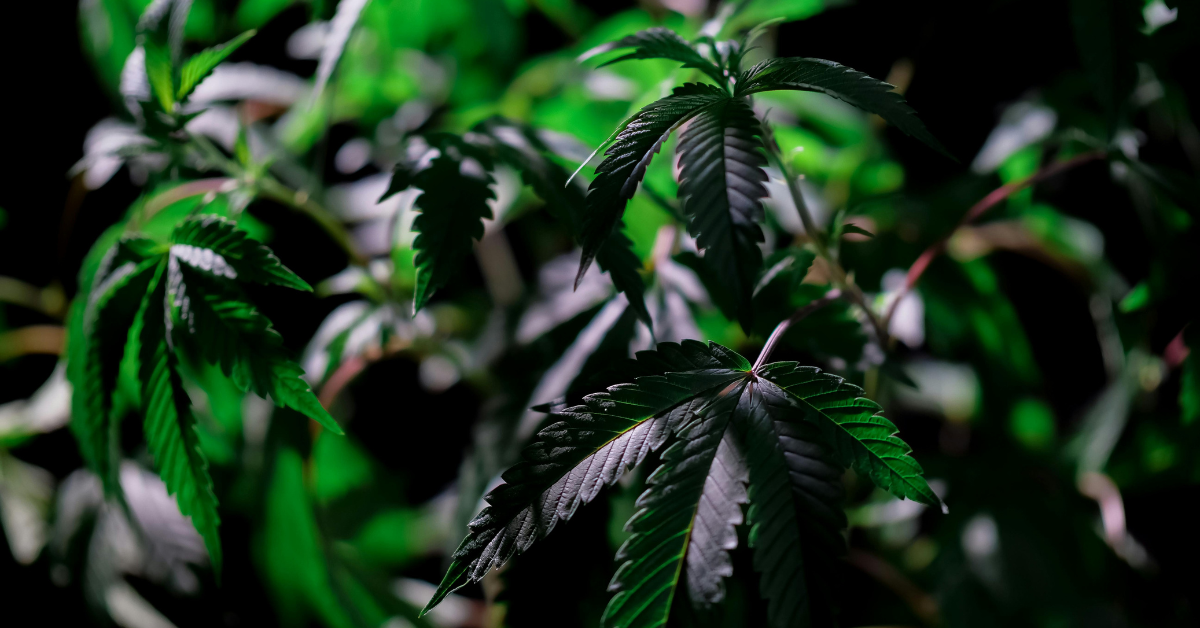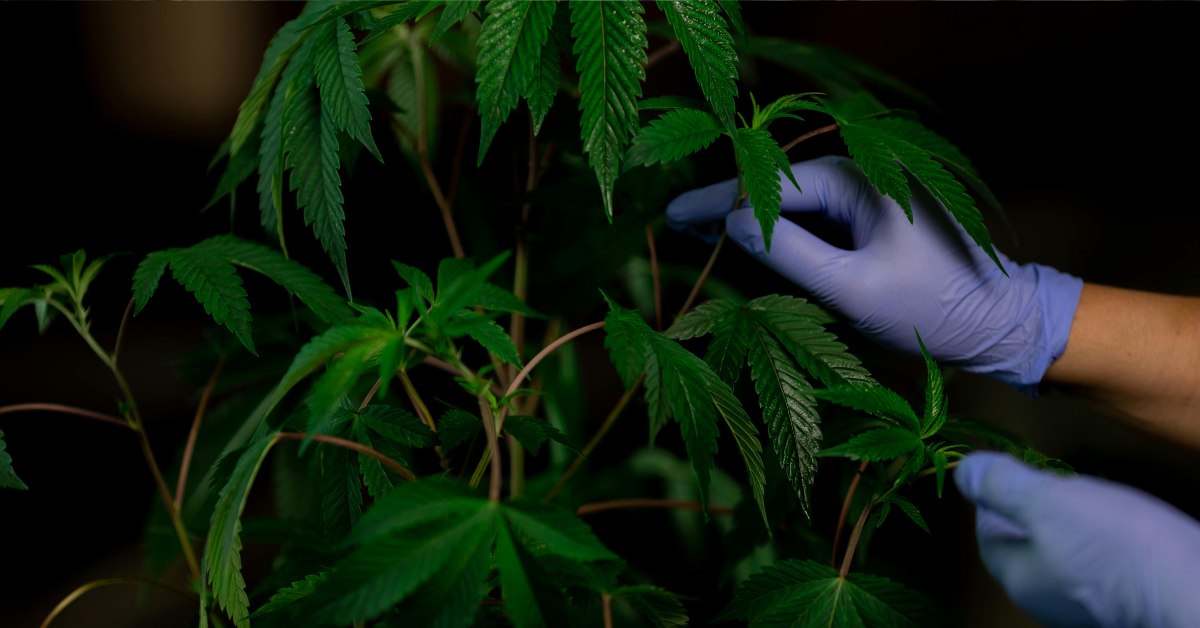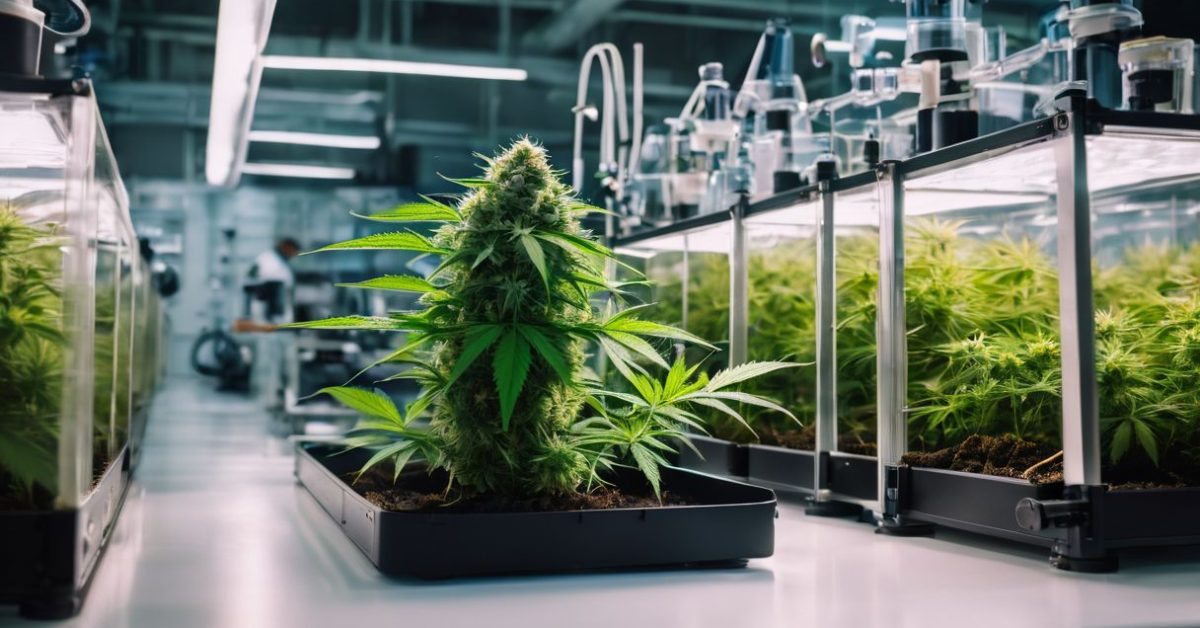
Starting a cannabis cultivation business in Canada can be rewarding, but it comes with a complex web of rules that every grower must follow. Strict licensing requirements help ensure cannabis products meet high safety and quality standards while keeping operations secure and transparent. For anyone planning to build a compliant facility and get approved by Health Canada, knowing what’s expected ahead of time can save money, time, and stress.
This detailed guide covers what’s needed to secure a cannabis cultivation license in Canada and how the team at MFLRC helps businesses prepare, apply, and maintain compliance at every stage.
Health Canada currently issues three main types of cultivation licenses under the Cannabis Regulations (SOR/2018-144):
Each type has unique requirements, but all must meet the same general standards for security, record-keeping, and product quality.
Health Canada’s regulations are clear but demanding. Applicants must plan every detail of their operation to avoid delays or rejections.
One of the biggest hurdles is building or adapting a facility that complies with federal and local laws. Important points include:
Design: The building must allow for controlled growing conditions and proper product handling to prevent contamination.
Running a compliant grow operation means hiring the right people and meeting background check requirements.
Key roles include:
Staff must be trained in operating procedures, safety, and compliance protocols.
Detailed records prove a grower’s compliance and allow Health Canada to track cannabis from seed to sale.
Essential records include:
Having an organized system makes inspections smoother and protects against penalties.

A successful application follows a clear path from planning to final approval.
Before submitting an application, businesses should:
When the facility is nearly ready, submit the application through Health Canada’s Cannabis Tracking and Licensing System (CTLS). A complete submission should include:
Being thorough at this stage reduces back-and-forth communication with regulators.
Before granting a license, Health Canada inspectors visit the facility to confirm everything is built and secured as promised.
Inspectors will:
If issues arise, Health Canada may require corrections before approving the license.

Securing a license is only the beginning. Cultivators must keep daily operations in line with Canada’s Good Production Practices (GPP), which cover:
Failing to maintain compliance can lead to penalties, product recalls, or suspension of the license. Many companies work with consultants like MFLRC to stay inspection-ready at all times.
Businesses new to cannabis cultivation often underestimate how detailed and costly licensing can be. Frequent mistakes include:
Careful planning and expert guidance help avoid these costly setbacks.
MFLRC understands how overwhelming the process can be. Our consultants help businesses in cannabis, pharmaceuticals, food, and related sectors meet licensing and quality assurance requirements efficiently and confidently.
What we do for cannabis cultivators:
Our team works alongside your staff to build systems that meet Health Canada’s expectations and keep your license in good standing.
Becoming a licensed cannabis cultivator in Canada demands more than just a good product — it requires careful planning, proper documentation, and strict adherence to national standards. Understanding these licensing requirements from the start reduces surprises and helps businesses build a trustworthy reputation in the market.
MFLRC’s team is ready to guide you through every step, from planning your facility to passing inspections and staying compliant year after year.
| Disclaimer |
The above blog post is provided for informational purposes only and has not been tailored to your specific circumstances. This blog post does not constitute legal advice or other professional advice and may not be relied upon as such. |

MFLRC is a one-stop shop for all of your Licensing, quality assurance and compliance needs. Our team has years of experience in the cannabis industry and are experts in all facets. We offer a variety of services that will save you time and money. Let us take the burden off your shoulders so you can focus on what’s important – growing your business.
Contact us Now!
Mussarat Fatima, President, and owner of MF Cannabis License and Regulatory Consultants has more than twenty years of experience in Quality Assurance, Quality Control, and Regulatory Affairs within the pharmaceutical, Food and Cannabis industries. She has a Master’s Degree in Food Sciences and Biochemistry; in addition to this, she also has a diploma in pharmaceutical Quality Assurance, Regulatory Affairs, and Quality Control. Also, she has completed several certifications specifically in Cannabis Quality Assurance, Regulatory Affairs, and Facility management from recognized institutes in Canada.

Written By: Mussarat Fatima
President at MF License & Regulatory Consultants
Website: https://mflrc.com/
Contact: info@mflrc.com